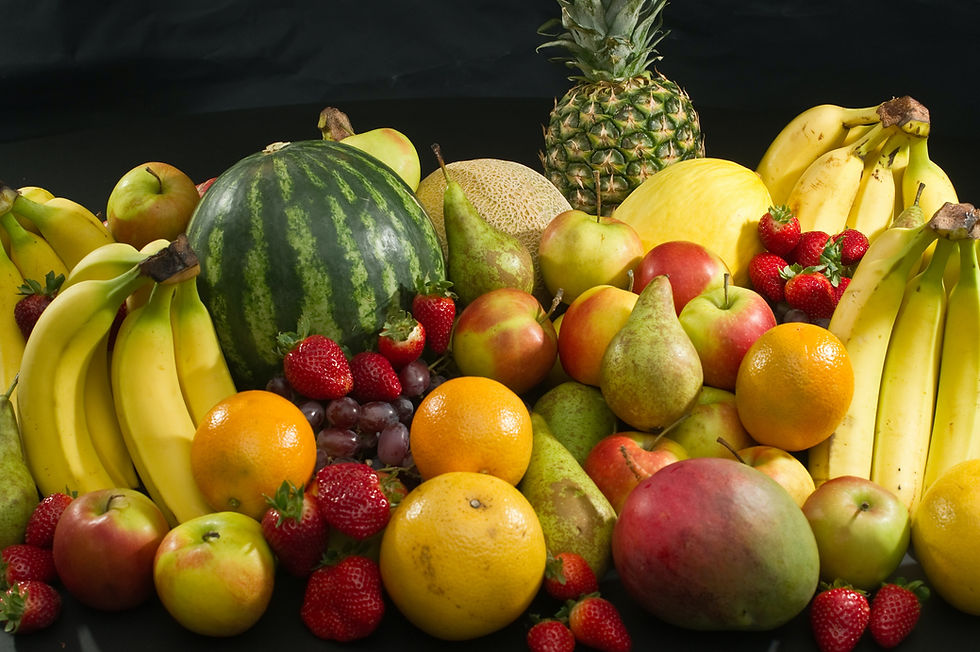Vaping and Pregnancy: The Risks to Consider
- Feb 10, 2025
- 3 min read
Pregnancy is a transformative period filled with decisions that impact both the mother’s and baby’s health. Many women turn to vaping as a perceived safer alternative to smoking, unaware of its potential risks. While vaping eliminates the harmful effects of combustible tobacco, it introduces its own dangers, particularly during pregnancy. This article examines the risks of vaping for expecting mothers, highlighting its impact on fetal development and offering practical solutions for quitting.
The Impact of Nicotine and Chemicals on Pregnancy
The dangers of nicotine are well-documented, but vaping introduces additional risks due to the chemical composition of e-liquids and aerosols.
How Nicotine Affects Fetal Development
Nicotine exposure during pregnancy can have far-reaching consequences for the developing fetus.
Restricted Blood Flow: Nicotine constricts blood vessels, which reduces the supply of oxygen and essential nutrients to the baby. This can hinder growth and lead to developmental delays.
Brain Development Issues: Research has shown that prenatal nicotine exposure can disrupt the formation of neural pathways, leading to learning disabilities, behavioral problems, and attention deficit disorders in children.
Increased Risk of Preterm Birth: Nicotine exposure heightens the risk of preterm labor, which can result in complications such as respiratory distress syndrome and developmental delays.
Chemicals Beyond Nicotine
While nicotine garners much attention, e-liquids contain additional substances that pose risks to pregnant women and their babies:
Flavoring Agents: Chemicals like diacetyl, which are used to create sweet or fruity flavors, are known to cause respiratory issues in adults and may impact fetal development.
Heavy Metals: Some vaping devices release toxic metals like lead, cadmium, and nickel into the vapor, which can cross the placenta and harm the fetus.
Ultrafine Particles: These tiny particles can penetrate deep into the lungs and bloodstream, potentially impacting the placenta and fetal growth.
Vaping and Pregnancy Complications
Beyond the developmental risks to the fetus, vaping can lead to serious pregnancy complications.
Increased Risk of Pregnancy Complications
Low Birth Weight: Babies born to mothers who vape are at higher risk of being underweight, which can lead to long-term health issues.
Placental Problems: Nicotine increases the likelihood of placental abruption (the premature separation of the placenta from the uterine wall) or placental previa, both of which can threaten the baby’s life.
Stillbirth and Miscarriage: The use of nicotine products, including vapes, has been linked to an increased risk of miscarriage and stillbirth.
Misconceptions About "Nicotine-Free" Products
Many women believe that nicotine free vapes are safe, but this is not entirely true. Trace amounts of nicotine can still be present in e-liquids labeled as nicotine-free, and the chemicals in these products can still harm fetal development.
Why Some Expecting Mothers Turn to Vaping
For smokers, quitting during pregnancy is essential but challenging. Many women switch to vaping in an attempt to reduce harm, assuming it’s a safer alternative. While vaping may reduce exposure to the thousands of chemicals in cigarette smoke, it is not without risk. The lack of long-term studies on vaping and pregnancy leaves many questions unanswered, but the precautionary principle suggests avoiding all nicotine products during pregnancy.
Safe Practices for Expecting Mothers
Quitting vaping during pregnancy can be difficult, but there are safer and more effective ways to protect your health and your baby’s development.
Steps to Quit Vaping
Speak to a Healthcare Provider: Consult your doctor to discuss your vaping habits and develop a personalized cessation plan.
Use Nicotine Replacement Therapy (NRT): Under medical supervision, NRT options such as patches, lozenges, or gum may help manage cravings without exposing the baby to harmful chemicals.
Behavioral Therapy: Counseling and support groups can help address the emotional and psychological challenges of quitting.
Lifestyle Adjustments
Stress Management: Practice stress-reduction techniques like deep breathing, prenatal yoga, or meditation.
Healthy Distractions: Replace vaping with activities like chewing sugar-free gum, knitting, or taking short walks.
Avoid Triggers: Identify situations or emotions that lead to vaping and develop strategies to navigate them.
Support Networks
Reach out to friends, family, or online communities of expecting mothers who have successfully quit vaping. Sharing experiences and advice can make the journey easier.
Conclusion
While vaping may seem like a safer alternative to smoking, it carries its own set of risks during pregnancy. From nicotine’s impact on fetal development to the dangers of chemicals and heavy metals in e-liquids, the evidence suggests that vaping is far from safe for expecting mothers. By seeking professional help, adopting healthier coping mechanisms, and leaning on supportive communities, pregnant women can quit vaping and ensure a healthier start for their baby.



Comments